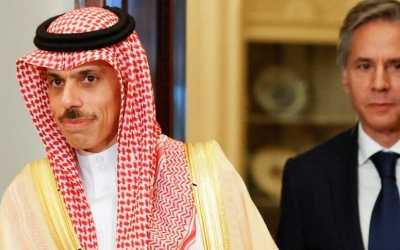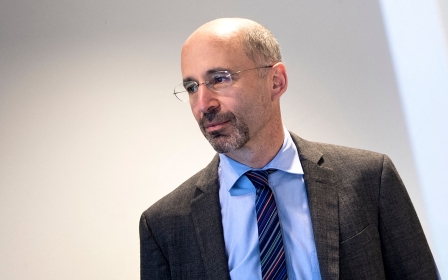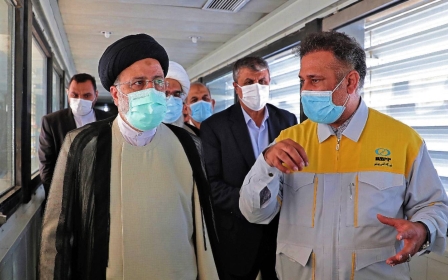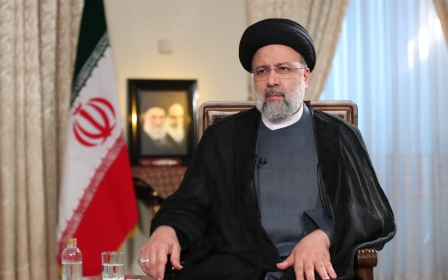Iran: UN experts warn sanctions jeopardise health rights
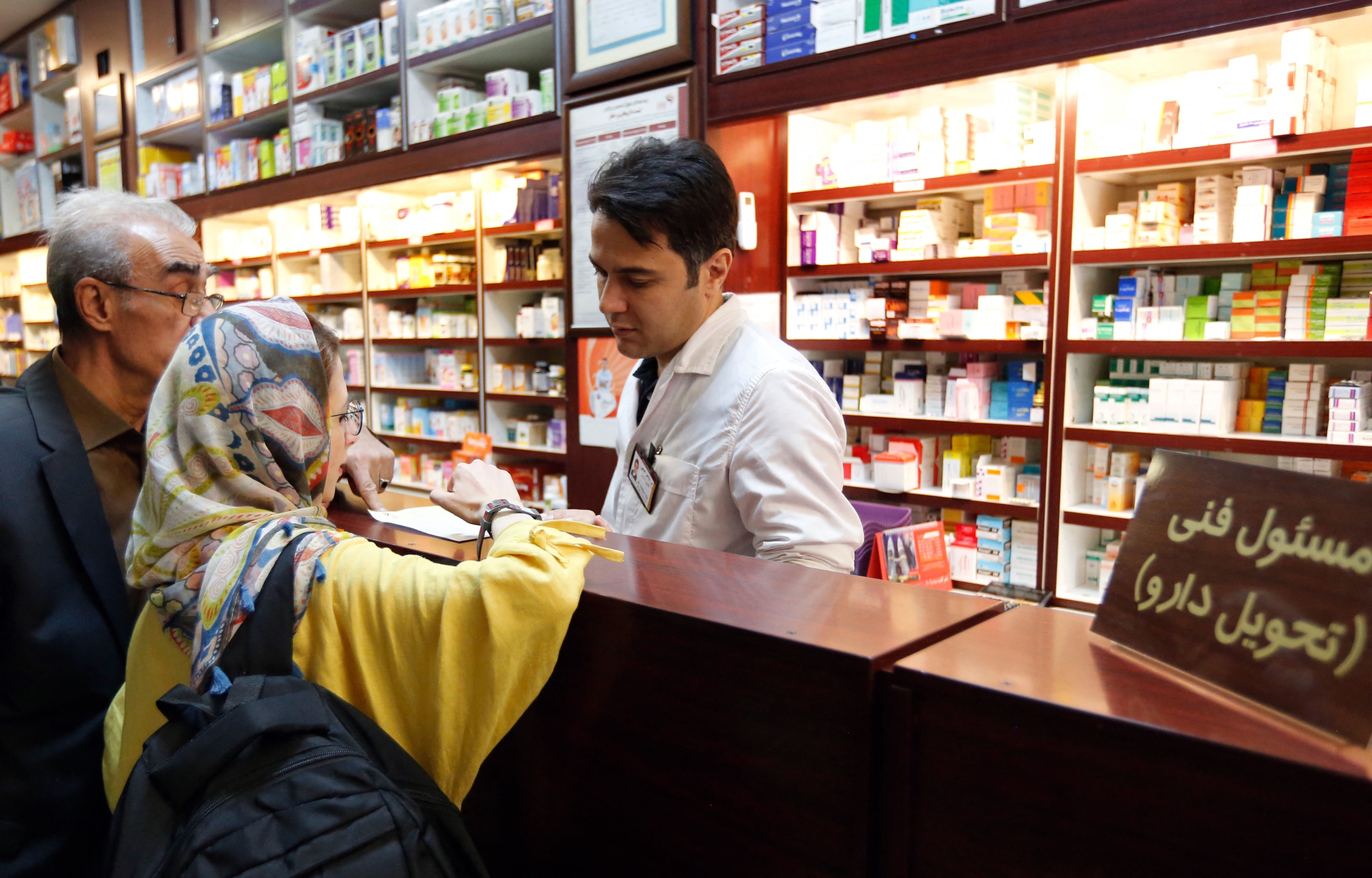
Over-compliance with US sanctions could strip Iranians of their basic rights to health, UN experts warned Tuesday, drawing attention to sufferers of a rare skin disease.
"Many banks and businesses, including pharmaceutical and medical companies around the world, over-comply with sanctions out of fear of potential penalties," the experts said in a statement.
In one instance, this resulted in a Swedish company halting the sale of bandages to its Iranian partner.
As a result, patients - including children - with a rare skin disease known as epidermolysis bullosa (EB) have been unable to access a type of bandage that provides vital relief and can prevent life-threatening infections.
The disease causes the skin to become extremely susceptible to harm, often developing blisters as a result of a mild impact.
The US resumed sanctions on Iran in 2018 as part of a “maximum pressure” campaign imposed by the Trump administration, following its decision to withdraw from the 2015 Iran nuclear agreement.
The Biden administration has largely left those sanctions in place as they seek a return to the deal known as the Joint Comprehensive Plan of Action (JCPOA).
The administration’s lead negotiator, Robert Malley, said last week that Washington had informed Tehran that if it returned to compliance under the JCPOA, the US would lift all sanctions inconsistent with the deal.
'No equivalent alternative'
Iran's new hardline president, Ebrahim Raisi, has said the Islamic Republic is prepared to return to the negotiating table, but not under western "pressure".
Some analysts have questioned the Biden administration’s commitment to maintaining its sanctions against Iran as it pursues a deal.
While the sanctions imposed by the US allow for some trade with Iran on the basis of humanitarian grounds, the Swedish company halted all of its business in the country out of fear of secondary sanctions.
"This is only one of many examples sadly illustrating the plight of thousands of people, including children, caused by over-compliance with sanctions by third parties out of fear of being sanctioned in turn," the UN experts said.
UN special rapporteur Alena Douhan has reached out to the Swedish company and government to address what has been described as shortfalls in the due diligence processes applied to ensure that no human rights are violated.
“While companies are free to decide where to sell their products, companies that produce critical medical and humanitarian goods have a special responsibility," the experts, who were mandated by the UN but do not speak for the organisation, said.
"When sales of a medical product that improves the right to health and prevents suffering are halted in a country, and no equivalent alternative product is available, that right is harmed for people who were helped by it.”
Middle East Eye propose une couverture et une analyse indépendantes et incomparables du Moyen-Orient, de l’Afrique du Nord et d’autres régions du monde. Pour en savoir plus sur la reprise de ce contenu et les frais qui s’appliquent, veuillez remplir ce formulaire [en anglais]. Pour en savoir plus sur MEE, cliquez ici [en anglais].


